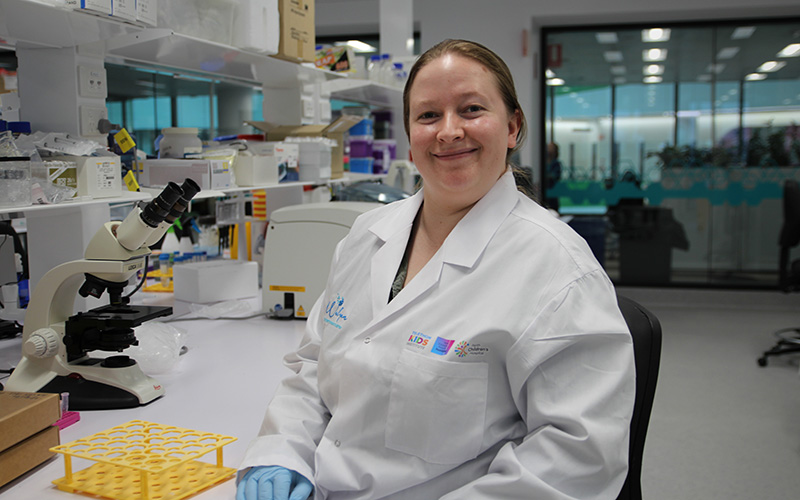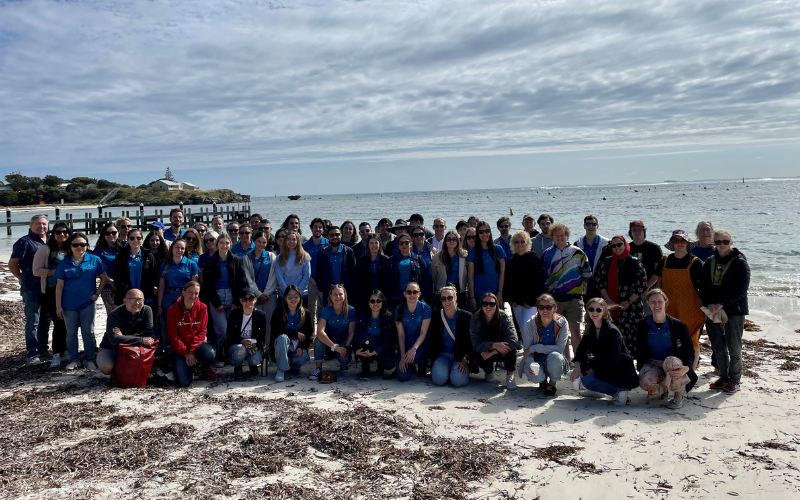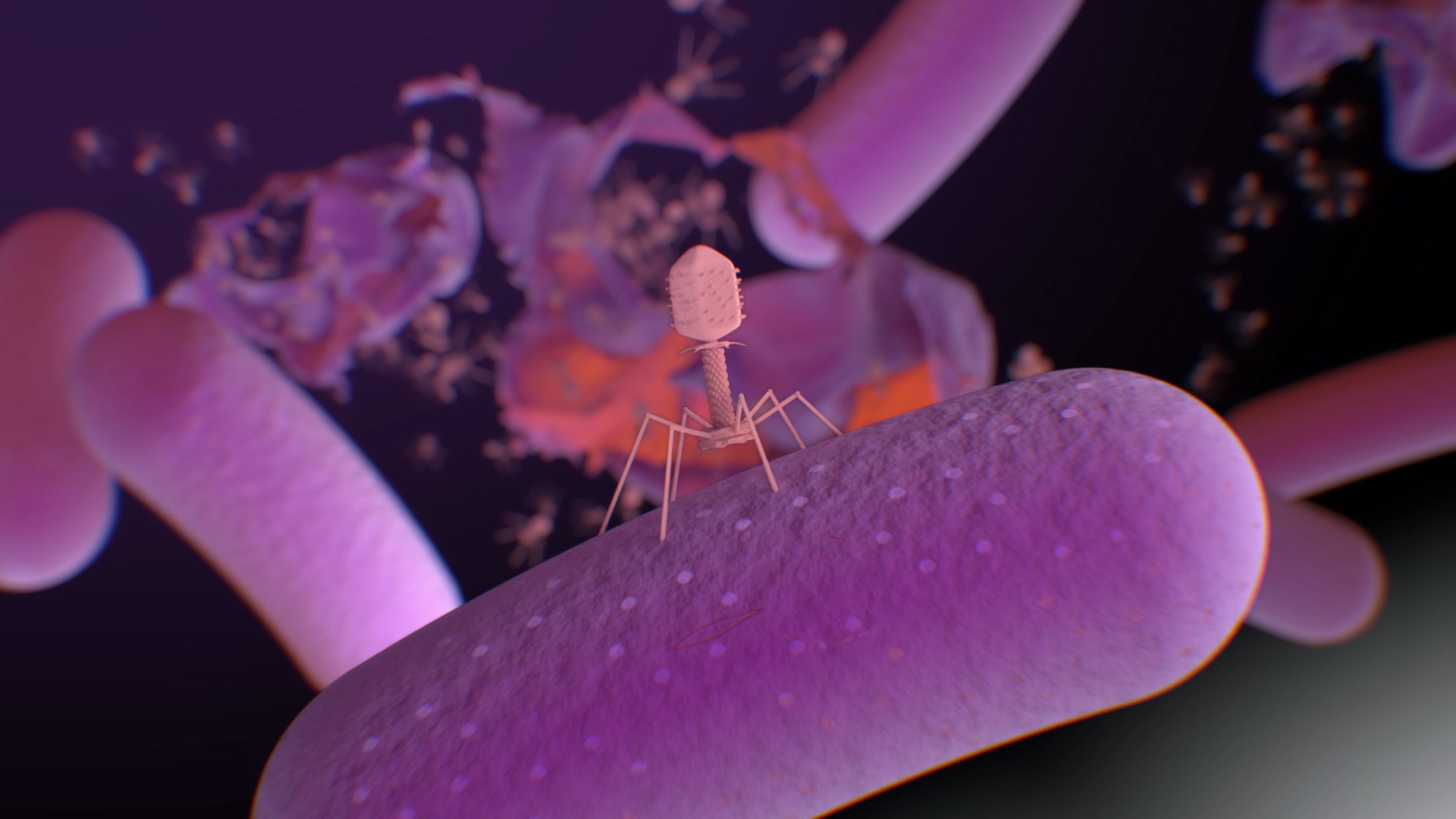Search

News & Events
World-first study finds some biodiesel exhausts harmful to childrenWal-yan Respiratory Research Centre PhD candidate Katherine Landwehr is researching the impact of breathing in biodiesel exhaust fumes on the lungs.

News & Events
Great minds come together at Wal-yan Scientific RetreatWal-yan Respiratory Research Centre team members and special guests travelled to Wadjemup (Rottnest) on 27 and 28 October to spend an intensive two days together learning about, and providing input into, the broad range of research projects underway within the Centre.

Learn more about the supporters of the Wal-yan Respiratory Centre

The Wal-yan Centre’s Annual Reports highlight the achievements of our researchers, which bring us closer to our vision to ensure that all children have healthy lungs for life.

News & Events
A BRIGHT day for little lungsFamilies affected by bronchiectasis gathered in Kings Park recently for a special event hosted by the BRIGHT Study team, celebrating community, connections, and conversations.

News & Events
Wal-yan researchers to join global respiratory congress in ViennaResearchers from the Wal-yan Respiratory Research Centre are proud to be part of this prestigious event, contributing their expertise to the Congress' outstanding scientific programme.

"Compassionate Use" treatments are novel treatments not widely available to everyone, but ones that holds great promise for potentially becoming a widely used treatment in the future.

Phage WA have a number of projects underway and these cover a broad range of phage research areas.

News & Events
Reducing the asthma burden: generous grant secured to develop world-first treatmentResearchers developing a world-first treatment that targets an underlying cause of asthma have secured a $499,640 grant from the Future Health, Research and Innovation Fund – Innovation Seed Fund.

One way the Wal-yan Respiratory Research Centre provides the opportunity for consumers and community members to contribute to our research is through participation in one of our eight community reference groups.
